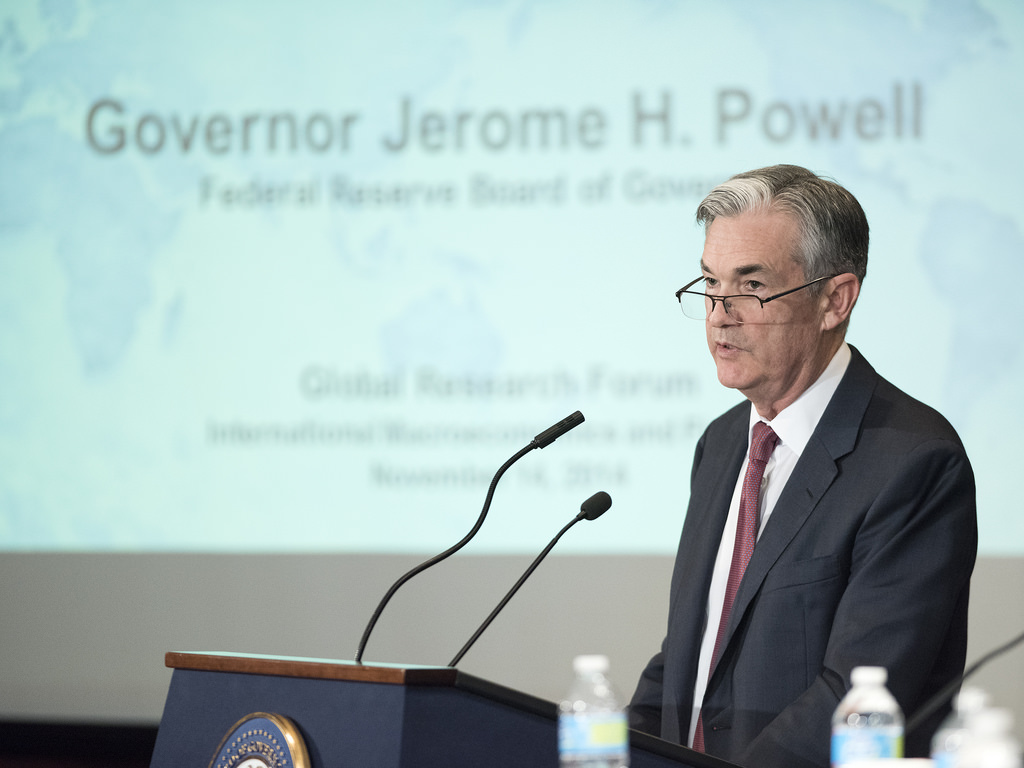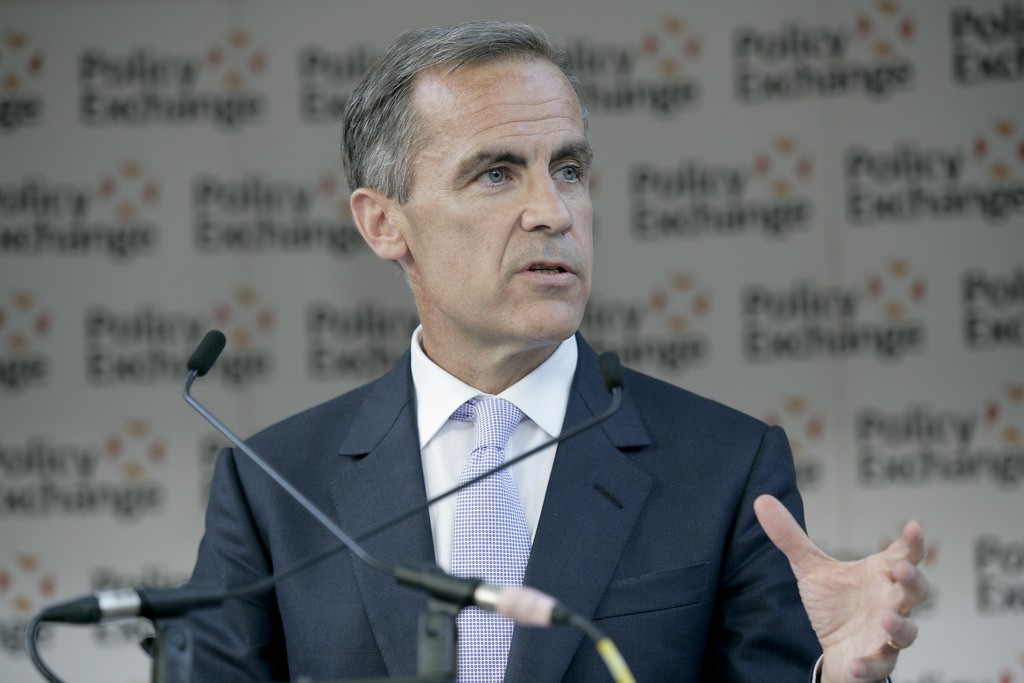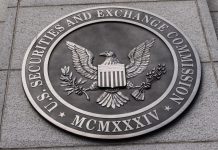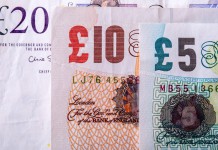Let’s start with a little speculation.
 Given the “revolving door” policy that Donald Trump seems to be using to try to find a settled Cabinet, could Jay Powell choose to jump ship if he is given an uncomfortable ride at his debut press conference today. There was some doubt in Congress about Powell’s nomination and subsequent confirmation given his marked lack of credentials for the role.
Given the “revolving door” policy that Donald Trump seems to be using to try to find a settled Cabinet, could Jay Powell choose to jump ship if he is given an uncomfortable ride at his debut press conference today. There was some doubt in Congress about Powell’s nomination and subsequent confirmation given his marked lack of credentials for the role.
During the final throes of Janet Yellen’s “reign” it became increasingly difficult to formulate monetary policy give the President’s propensity for indecision on whether he wanted a return to normality or a continuation of accommodation. Not that Trump’s opinion should really count in these matters.
It is unlikely that Powell will want to suffer the same ignominy as Mrs Yellen and could easily decide (in private) that he has bitten off more than he can chew.
Today’s press conference takes on significance for the fate of the dollar through the rest of the year.
A hawkish Powell will send the dollar index through the 90.50 long-term resistance and start what could be a bull-run that will suit the ECB and Trump’s new economic advisor Larry Kudlow who has already commented that he would like to see the dollar “a little higher”. Dovish comments could have the opposite effect with the dollar’s fall, if not spectacular, then longer-term.
Ludicrous Transition agreement gives way to economy
The entirely misplaced sense of euphoria which greeted the announcement of a transition agreement was replaced yesterday with a dose of reality as inflation started to fall considerably in the UK.
Headline inflation was 2.7% in February and yet traders still see the possibility of a rate hike in May. The current members of the MPC have become a little more difficult to read than their predecessors. Perhaps that is due to the new complexities they face as inflation has risen seemingly out of control. As the effect of the tumultuous fall in Sterling following the Brexit referendum fades so inflation, which was blamed on the weakness of the pound, should fall.
 The veracity of advance guidance is shown clearly in the recent pronouncements of BoE Governor Mark Carney. While he has been vague in comments over a May rate hike, he has given sufficient encouragement to the market that there is a 60% chance according to interest rate futures markets.
The veracity of advance guidance is shown clearly in the recent pronouncements of BoE Governor Mark Carney. While he has been vague in comments over a May rate hike, he has given sufficient encouragement to the market that there is a 60% chance according to interest rate futures markets.
Before tomorrow’s MPC meeting, we see the release of the UK employment report. The headline receives less attention that its U.S. equivalent but holds just as little significance. It is wage inflation that is the most significant part of the report. Following yesterday’s unexpectedly large fall in inflation the return to positive territory of wage inflation may be close.
Euro falls as market wises up
The slightly preposterous notion that the ECB is discussing a change to monetary policy fifteen months in advance was finally seen for what it was yesterday, and the common currency reacted accordingly.
While there is clearly almost continuous discussion of the tapering of the Asset Purchase Scheme, even Mario Draghi has mentioned it, even the Bundesbank can’t have a model that can give a basic prediction of inflation if that time frame.
Yesterday’s non-monetary policy meeting of the ECB will have most likely given its views on the Brexit transition agreement and with their opinion being more appreciated than that of the MPC to the British Government, it will be taken into consideration when the Heads of Government meet on Friday.
The Euro fell through the bottom of its perceived range yesterday making a low of 1.2238 which will be music to the ears of Mario Draghi.
There has been talk of the acceptance by David Davis of a proposal from Michel Barnier over the Irish Border, that will not be popular domestically in the UK, which drove the transition agreement. If that is the case we can expect to see turmoil domestically in the UK and a Euro back close to 1.1000, the long-term low.
















